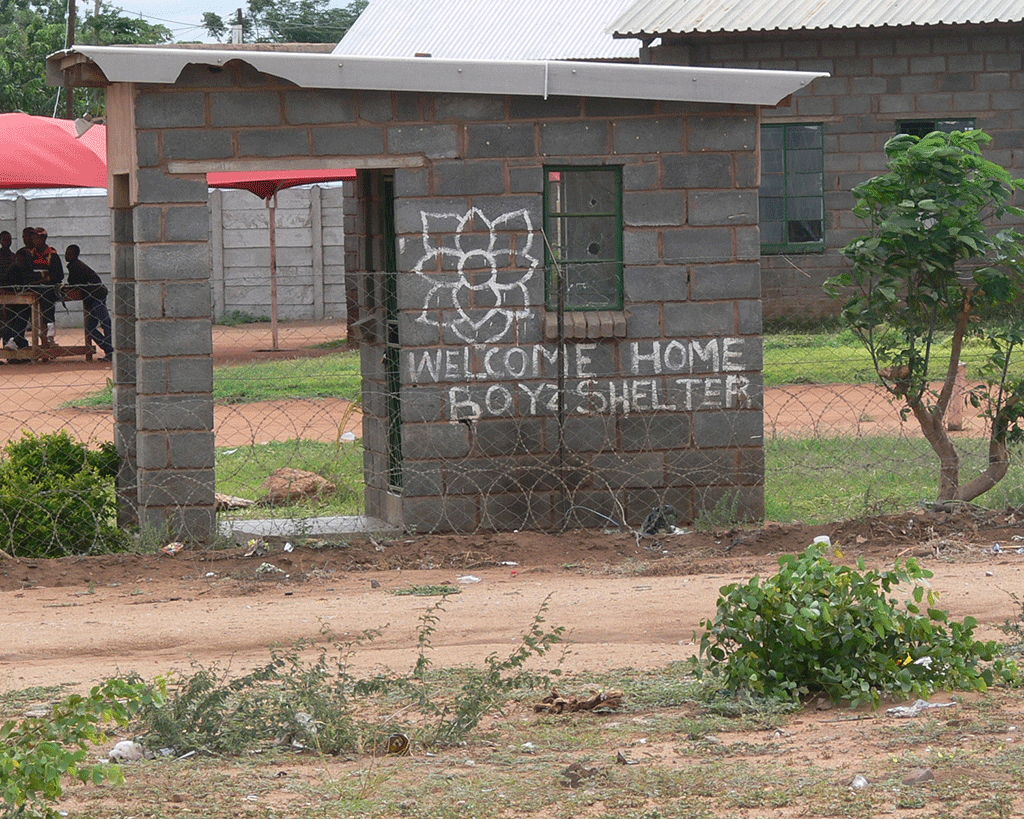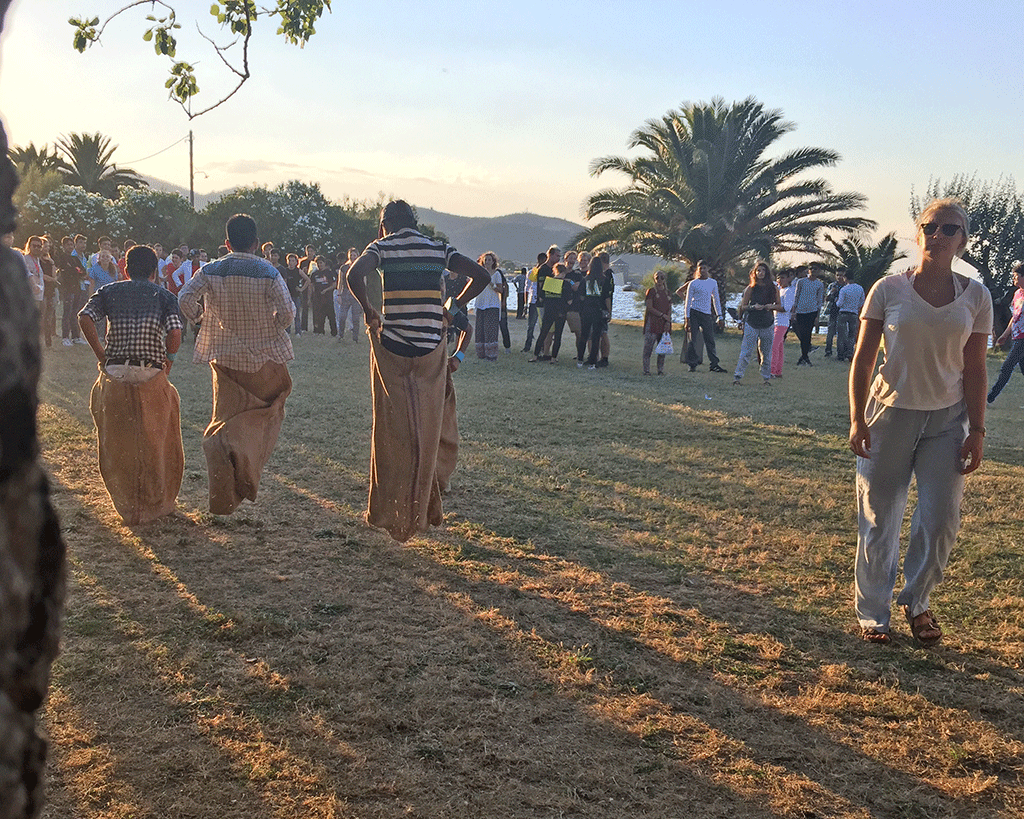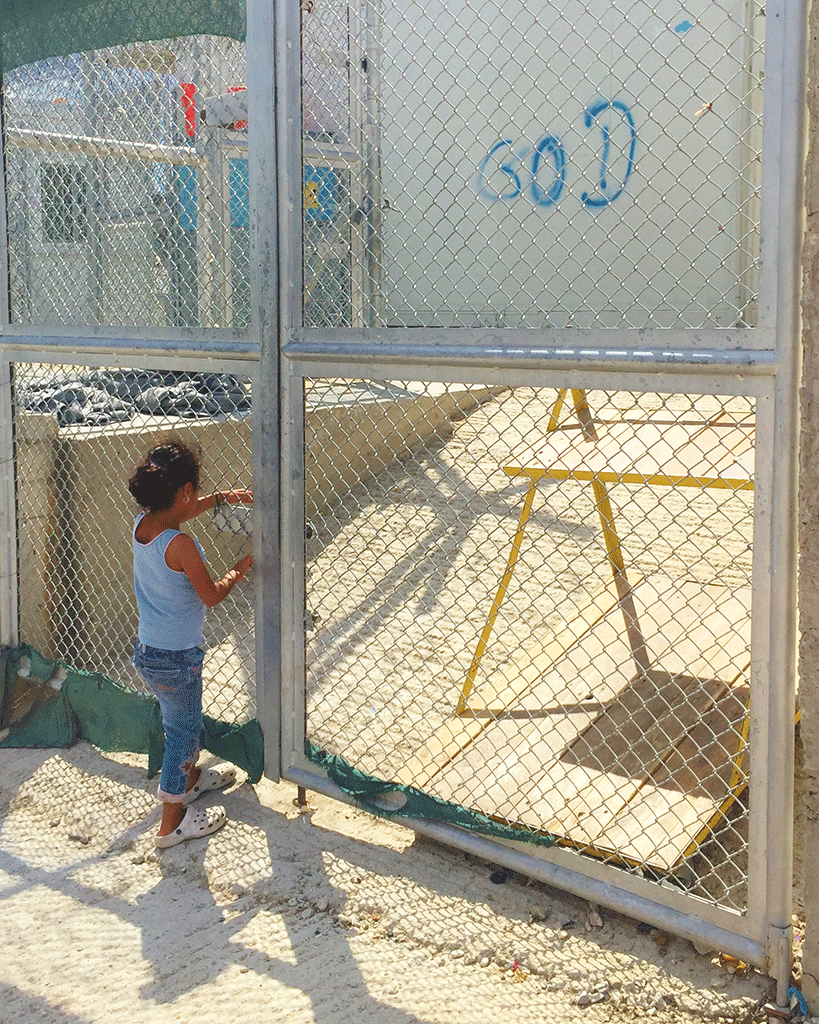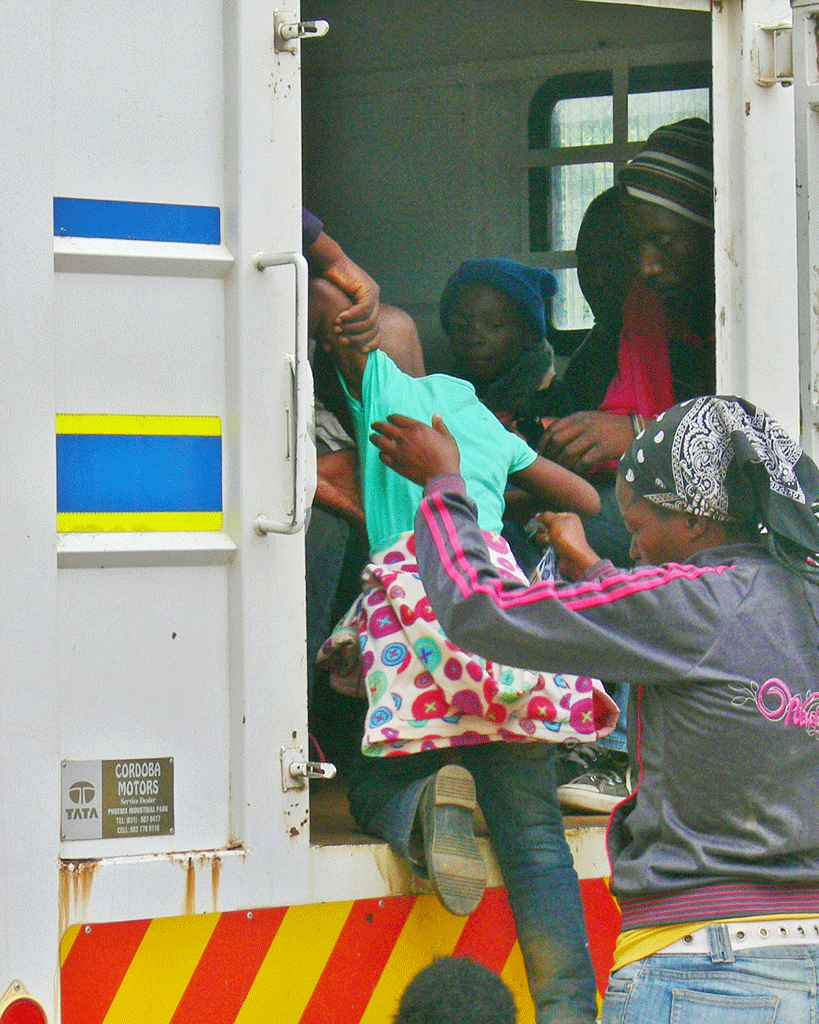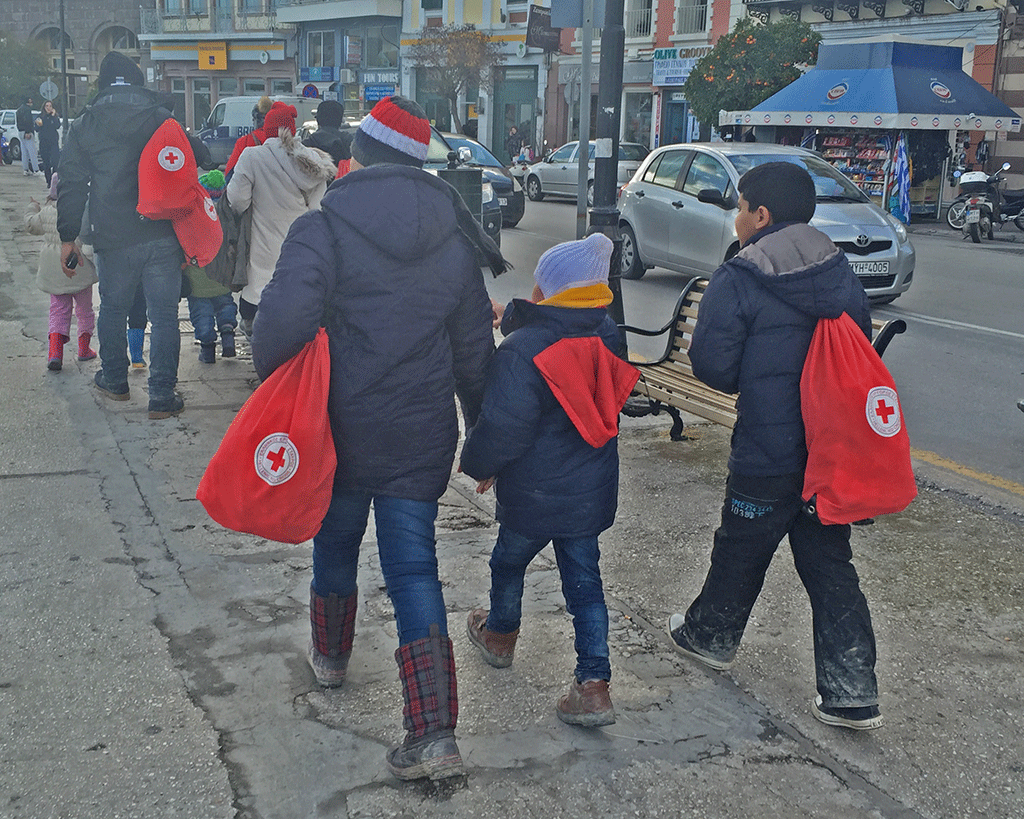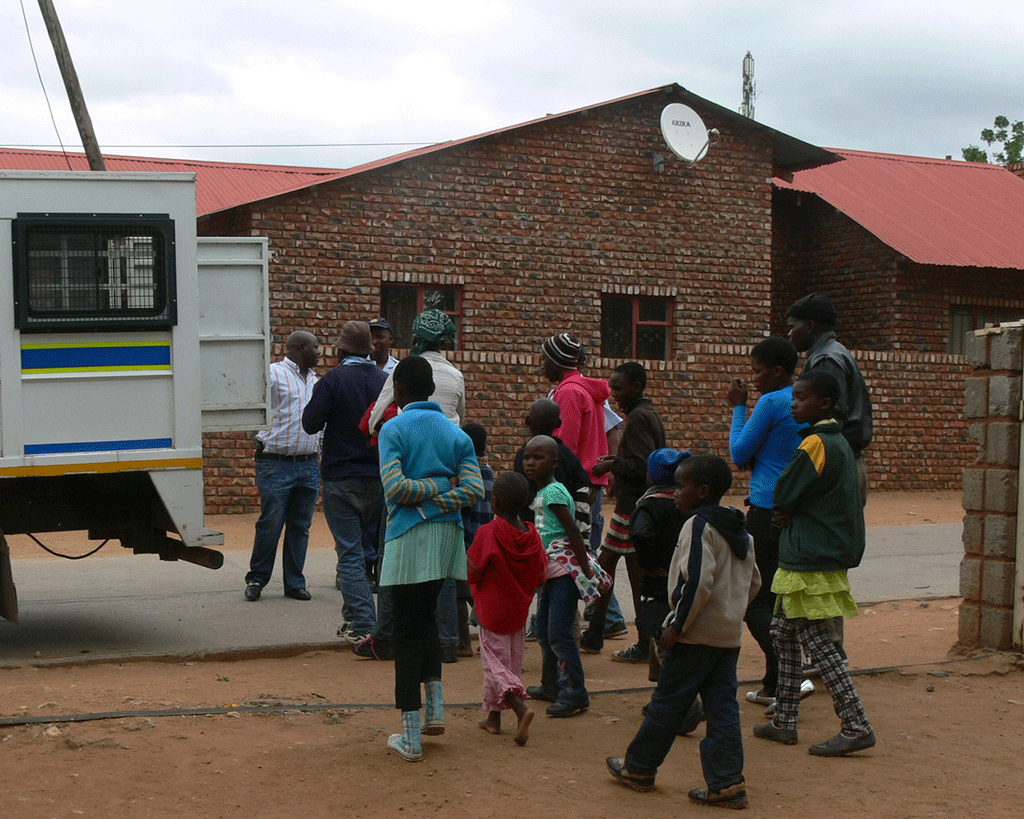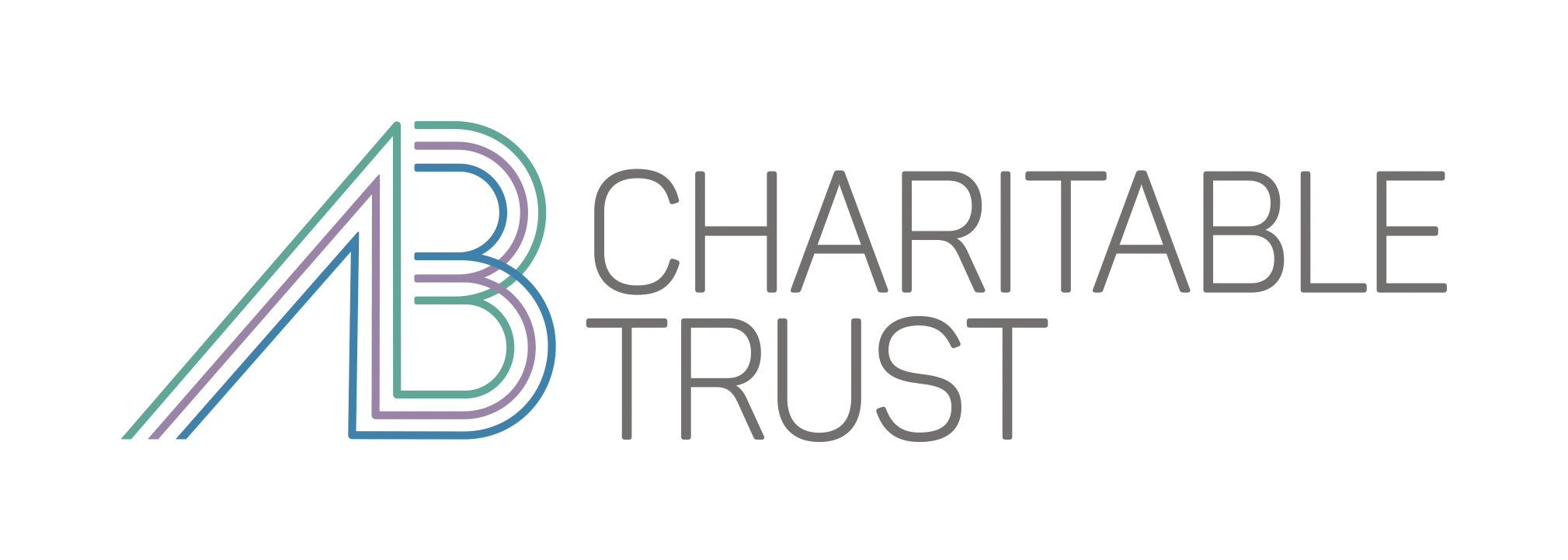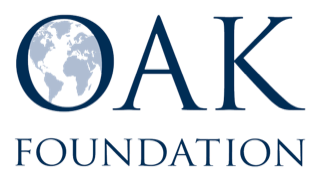First Rights
Equal Justice for Migrant Children
Join the Newsletter Read our Statement on Gaza Endorse our Statement on Gaza about First Rights Proposals & History Advisory BoardEqual Justice for Migrant Children
Towards a Specialist Court for Unaccompanied and Separated Migrant Children
On 20th March 2024, the First Rights project of Methoria presented its report “Equal Justice for Migrant Children – Towards a Specialist Court for Unaccompanied and Separated Migrant Children” in a meeting in the House of Lords. The report aims to identify the issues and obstacles that need to be considered in the development of a model court process. It sets out to identify not only the good – and obvious – reasons why such a pilot court should be established, but also the challenges to be faced to enable our proposal to be turned into a reality. We are grateful to Refugee Law Initiative, School of Advanced Study, for their work on this report.
The report can be found here.
The full speech can be watched here.
Baobab Centre
Young members discuss their experience of the UK asylum system
Baobab young members discuss their experience of the UK asylum system from Baobab Centre on Vimeo.
In June 2021, a discussion among young members at the Baobab Centre discussing their own experiences with the UK asylum and care system was filmed.
This short film sheds light on the barriers to open communication that young people experience; the starting position of scepticism towards their evidence; experiences of racism and xenophobia; and feelings of powerlessness.
Young members at the Baobab Centre also share their views on how the asylum system can be improved and better accommodate the needs of young people.
Young members discuss their experience of the UK asylum system.
The film was first shared in a First Rights, Equal Justice for Migrant Children roundtable in 2021. It is a Two-Step Production, by Fran Roberton.
First & Last Rights Projects
Statement in support of the United Nations Committee on the Rights of the Child’s Call for an Immediate Ceasefire in Gaza.
Every year thousands of children are killed or injured, orphaned, or deprived of their parents, families, friends and carers, as a consequence of armed conflicts, both directly and indirectly.
We condemn the loss of all children and the harms they are forced to endure because of these conflicts.
In the continuing catastrophic situation of terrorist atrocities perpetrated against children in Israel, and in the counter-terrorism measures in Palestine in response, thousands of children have already been killed, injured, left without their families and carers, and left to suffer in appalling and unimaginable conditions of horror.
We condemn every single act of violence against every single child in this present conflict. There are no circumstances in which children are ever a legitimate target, or acceptable victims of the actions of states and non-state actors in the pursuit of their conflicts, however compelling their respective claims and objectives.
Every child is an innocent victim.
The 1989 United Nations Convention On The Rights Of The Child is the most universally accepted international human rights instrument ever written and ever signed and ratified. It requires all states to treat the best interests of the child as paramount. It requires states to guarantee the rights of the child to survival and to the maximum possible development opportunities. It requires all children to be treated without discrimination. It requires states to ensure that all children have the right to life, to maintain family life, to education, play, health, to their cultural identity and nationality, amongst many other rights.
The 1989 Convention is also one of the most universally violated of international human rights instruments, where despite the entreaties of the Treaty Bodies and the political good intentions of states, children’s rights are the poor relation of international law, an afterthought at best, when armed conflict and responses to terrorism arise.
Humanitarian laws may seek to protect those in mortal danger during such situations and conflicts but are totally inadequate to the needs and rights of children except as a very last and inadequate resort. When humanitarian laws are themselves ignored, children suffer even more egregious harms.
All actors in the present catastrophic situation in Gaza must immediately cease the armed activities which inflict indiscriminate damage on children and focus on the protection and treatment of all children, including the safe return of those children to their families, without delay and without conditions. Children are not bargaining pieces or justified collateral damage.
We strongly support the United Nations Committee on the Rights Of the Child’s own statement calling for a ceasefire and addressing the actions of all parties to this catastrophic situation that have already caused so many deaths and so much injury and bereavement to so many children. This harm will continue to cause lasting psychological and physical trauma, as well as denying even basic survival and development opportunities to so many.
The UN Committee on the Rights of the Child condemns the killing of children in Gaza.
If the 1989 UN Convention On The Rights Of The Child is not to be rendered meaningless and children’s dignity left devoid of any respect, all the institutions of the United Nations and all member states must insist that it is honoured and given effect as part of their urgent efforts to bring an immediate end and lasting resolution to this existential conflict.
10th November 2023
Syd Bolton & Catriona Jarvis, Directors and Founders
The First Rights Project
The Last Rights Project
Methoria (UK registered charity no. 1188043)
Please endorse the Statement in support of the United Nations Committee on the Rights of the Child’s Call for an Immediate Ceasefire in Gaza.
Your support is very much appreciated - thanks
A Court for Migrant Children - What Does it Look Like?
Migrant children, especially separated and unaccompanied asylum seeking children face complex decision making procedures and multiple barriers to the effective consideration of their care, protection status, and long term future development needs within the various United Kingdom administrative and judicial systems as presently arranged. Different agencies and courts have distinct responsibilities at different points pursuant to different laws, when tasked with making decisions in the best interests of migrant children.
This is neither effective nor works seamlessly towards that end. These different processes are often in conflict with one another and limited to specific aspects of a task that demands an holistic approach by all those with responsibilities towards these children. The result for many children is poor decision-making, unnecessarily costly, delayed, and multiple proceedings, with agencies, statutory authorities and even courts and tribunals in conflict with each other's decisions and judgments. Within this context, children's rights and protection needs are far too often lost within complex and technical legal and evidential arguments, for example, age assessment, care duties, refugee and other international protection needs, even before the issue of a child's long term best interests and development is considered.
For too many children the current system does not work effectively. Such a fragmented approach, as it has developed over time, does not have to be the approach taken. It is possible to imagine a process that places the child's interests first, foremost, and central to all those procedures, supervised in one judicial arena. It is possible and also necessary. Its purpose would be to achieve full resolution of all legal questions that affect a child.
Our aim is to examine how such a legal process might work, where overall responsibility should rest, and what examples of best and innovative practice in the UK and elsewhere can be drawn on to design such a new process. It requires open-minded thinking at all levels, to acknowledge that if we had to design a model from scratch we would not produce the system we currently have.
The full document: Proposals for A Children’s Court, is here
A New Court Process For Migrant Children - A draft model
A pilot court to test the approach and principles set out in the Equal Justice For Migrant Children project proposals is modeled on existing statutory responsibilities and powers, decision-making process and judicial structures. It requires no changes to primary or secondary legislation and can be constructed by building on and adapting existing arrangements and the inherent jurisdiction of the courts where necessary.
The draft model proposed is designed at this stage to facilitate the establishment of a
pilot court scheme, for the purpose of testing and evaluating the approach and
principles underpinning the court. It is accepted that any future court which may be
established on a permanent basis may result in more significant changes and a different
structure than the working model, in light of any evaluation.
The Pilot Court (PC) will combine the expertise of different jurisdictions and
administrative decision-making processes in an holistic, best interests focussed
approach to resolving the complex protection and welfare issues facing migrant
children.
The full document: A New Court Process For Migrant Children, is here
A Court for Migrant Children
Roundtable Thursday 25 March 2021 5-8pm UK time
Under the Chatham House Rule
In attendance: 37 participants from across the spectrum of those working with migrant children.
The meeting was chaired by Catriona Jarvis, Director of Methoria and Co-Convener with Syd Bolton
of the Equal Justice for Migrant Children Project of the First Rights Programme of Methoria.
A complete anonymised summary of the meeting is here
Equal Justice for Migrant Children
Migrant children within the UK, especially separated and unaccompanied asylum seeking children, face complex decision making processes and multiple barriers to the effective consideration of their care, protection status, and long term future development needs. Young people are consistently let down by procedures which fail to protect their rights, which pay insufficient attention to their best interests, and which disregard the duty to safeguard and promote their welfare.
Equal Justice for Migrant Children, a project launched by the First
Rights programme of Methoria, aims to promote a model of justice for
migrant and separated children by building upon the rights acquired by
children under the UN Convention on the Rights of the Child. Central
to this aim is the need to uphold the principle of the best interests
of the child by putting children’s rights considerations at the centre
of all decision making processes. By doing so, we believe it is
possible to better realise the rights of children while also
protecting their psychological well-being.
Proposals for A Children’s Court
The challenge to ensure that the dignity of migrant children is
guaranteed, and that experiences of humiliation are prevented, remains
vast. However, a significant step towards this aim is establishing a
court that adopts a multi-disciplinary and cooperative approach to
advance the rights and interests of children based on the best legal
and social care practice, encompassed within the framework of
international children’s rights law.
Equal Justice for Migrant children is leading an effort to establish a
specialised court for unaccompanied and separated migrant children in
the UK with the hope that this court will eventually serve all young
people, regardless of their protection or immigration status - whether
migrant, refugee, citizen, or resident - in relation to all legal
questions in their lives. As such, this Children’s Court will prove to
be a significant step towards a child-friendly model of justice that
may even be replicated in legal systems outside of the UK.
Many individuals working with unaccompanied and separated children
remain concerned that the procedures, decision making processes, and
systems that migrant children must navigate, are ineffective. These
young people may be some of the vulnerable individuals in society and,
by nature of their precarious protection status, are at a heightened
risk of further abuse. Crucially, there is concern that all too often
when issues relating to unaccompanied and separated migrant children
are being considered, the principle of the best interests of the child
– a fundamental principle in international human rights law - is not
the primary consideration and that insufficient attention is paid to
the duty to safeguard and promote welfare. The focus is, instead,
disproportionately and incorrectly placed on the child’s immigration
or protection status.
This is only one of the many challenges facing those striving to
change practice in this area. For example, while we know the numbers
of children who claim asylum in the UK, we do not have details as to
what happens to them after that, nor do we have data on the numbers of
young people involved in court or tribunal proceedings other than in
the Immigration and Asylum Chamber. As such, the true scale of the
ways unaccompanied and separated children are let down by multiple
systems is difficult to measure.
Another challenge lies in the fact that the various systemsthat migrant children are required to navigate are not linked to one another. In the UK, issues of
immigration are dealt with at a national level whilst child protection
and children’s services are considered a local authority
responsibility. There is an urgent need, in the case of unaccompanied
migrant children, for these two jurisdictions to be brought together
within a single body free from political pressure. Such a change would
establish a mechanism capable of making proper decisions about who is
a child and how this fact is determined and, for those who are, how
their welfare can be promoted, and their rights respected.
By doing so, a children’s court could potentially consider and answer
all legal questions arising in the life of a migrant child as part of
an over-arching jurisdiction, removing the current requirement for
children to repeat their accounts, so often traumatic, in each
separate forum that touches and concerns their well-being and their
rights.
History
A History of Equal Justice for Migrant Children The idea of a
specialised court for children, in particular, unaccompanied and
separated refugee and migrant children, is not new. This idea was
previously raised in roundtable discussions initiated and led by the
Legal and Policy Officer at Coram Children’s Legal Centre (Coram
CLC) in 2011 as well as Catriona Jarvis and Syd Bolton, together
with Sir Mark Potter and others, at the Commonwealth Magistrates and
Judges Conference in 2009. In 2014, a proposal for a specialised
court model was rejected by the government on the basis it would
require “a fundamental restructuring of the court system”, something
deemed “unrealistic” at the time.
Following this rejection, a Steering Group was established to fuel
discussions about alternative means of ensuring that children’s
rights are central to decision making on legal issues affecting
unaccompanied and separated migrant children.
This Steering Group had considerable knowledge and experience, and
was made up of lawyers, social workers, guardians, and former
judges, as well as those with experience of research and policy
development. It was also supported by a much wider reference group,
which was able to provide additional advice and expertise. By the
end of 2020, the work of the Steering Group was transferred to Equal
Justice for Migrant Children, as part of the First Rights Project of
the UK registered charity Methoria, with members of the Steering
Group subsequently becoming the Equal Justice for Migrant Children (EMJC) Advisory Group.
While the early Steering Group was officially called the
‘Unaccompanied Migrant Children’s Court Steering Group’ we have
always included, from the outset, separated migrant children. This
includes those young people who are not cared for by their parents
or usual guardians, albeit if they may be cared for or accompanied
by another adult, such as a sibling or other relative or friend of
the family. This decision was based on the aim to support not only
refugee or asylum-seeking children, but all non-citizen children
(and eventually all children). Hence the use of the term ‘migrant’
to reflect an inclusive model.
At the end of 2020 the project came under the umbrella of Methoria
as part of the First Rights Programme, before becoming Equal Justice
for Migrant Children in January 2021.
Proposals
The Equal Justice for Migrant Children advisory group has developed an outline proposal for an inclusive jurisdiction - a model for a ‘one stop shop’ - through the inherent jurisdiction of the Family Division of the High Court in the UK. This inclusive jurisdiction will act in a supervisory capacity, sitting as needed, with judges from other disciplines. In March 2021, Equal Justice for Migrant Children will hold its first meeting, an expert roundtable, bringing together immigration, family, and children law practitioners, as well as child welfare specialists, children rights NGOs, and members of the judiciary to examine proposals for this model court. The second meeting, a webinar chaired by Baroness Kennedy of the Shaws, will provide an opportunity to refine and develop these proposals and share our vision for a fairer form of child justice with a wider audience.
Methoria and the Equal Justice for Migrant Children (EJMC) Advisory Group
Naomi Angell
Solicitor, Osbornes Law, specialist in cross-border children’s law cases including international adoption.
Maud Davis
Solicitor Advocate, Child Law Specialist, Associate Bindmans Solicitors
Karen Goodman
Independent Social Worker, senior practitioner, lecturer, consultant
Yvonne Wilson
Chair of Negalro
Catriona Jarvis
(Chair) Former Judge of the UK Upper Tribunal (Immigration and Asylum Chamber); former children law practitioner; former teacher
Sukhchandan Pal Kaur
Former Chair of Nagalro
Nuala Mole
Founder and Senior Lawyer, The AIRE Centre UK
Pat Monro
Volunteer solicitor Refugee Action Kingston, former part time Tribunal judge (Immigration and Asylum Chamber) and child care practitioner
Markella Papadouli
Lawyer, Europe Litigation Coordinator, The AIRE Centre UK
Jason Pobjoy
Barrister, Blackstone Chambers
Mary Ryan
Independent Consultant
Ryan Tunnard Brown
Lawyer
Alison Stanley
Solicitor, Partner at Bindmans, Joint Head of Immigration Department
Dr. Helena Wray
Professor of Migration Law, University of Exeter
Carole Littlechild
former Chair of Negalro
Last Rights & Methoria
The trustees of Methoria are Catriona Jarvis, former UK Judge of the Upper Tribunal (Immigration and Asylum Chamber) (Chair); Syd Bolton, UK solicitor, (non-practising) children law expert, Pat Monro, former judge of the UK First Tier Tribunal (Immigration and Asylum Chamber), Adrian Berry, UK Barrister at Garden Court Chambers and Nuala Mole, Founder and Senior Lawyer, AIRE Centre, UK.
Catriona Jarvis and Syd Bolton are the Co-Conveners of both the First Rights and Last Rights Programmes of Methoria.
Patrons of First Rights
Many thanks to our patrons for their support
Helena Ann Kennedy
We are delighted that Helena Ann Kennedy, Baroness Kennedy of The Shaws, KC, FRSA, HonFRSE is now a patron and supporter of First Rights
